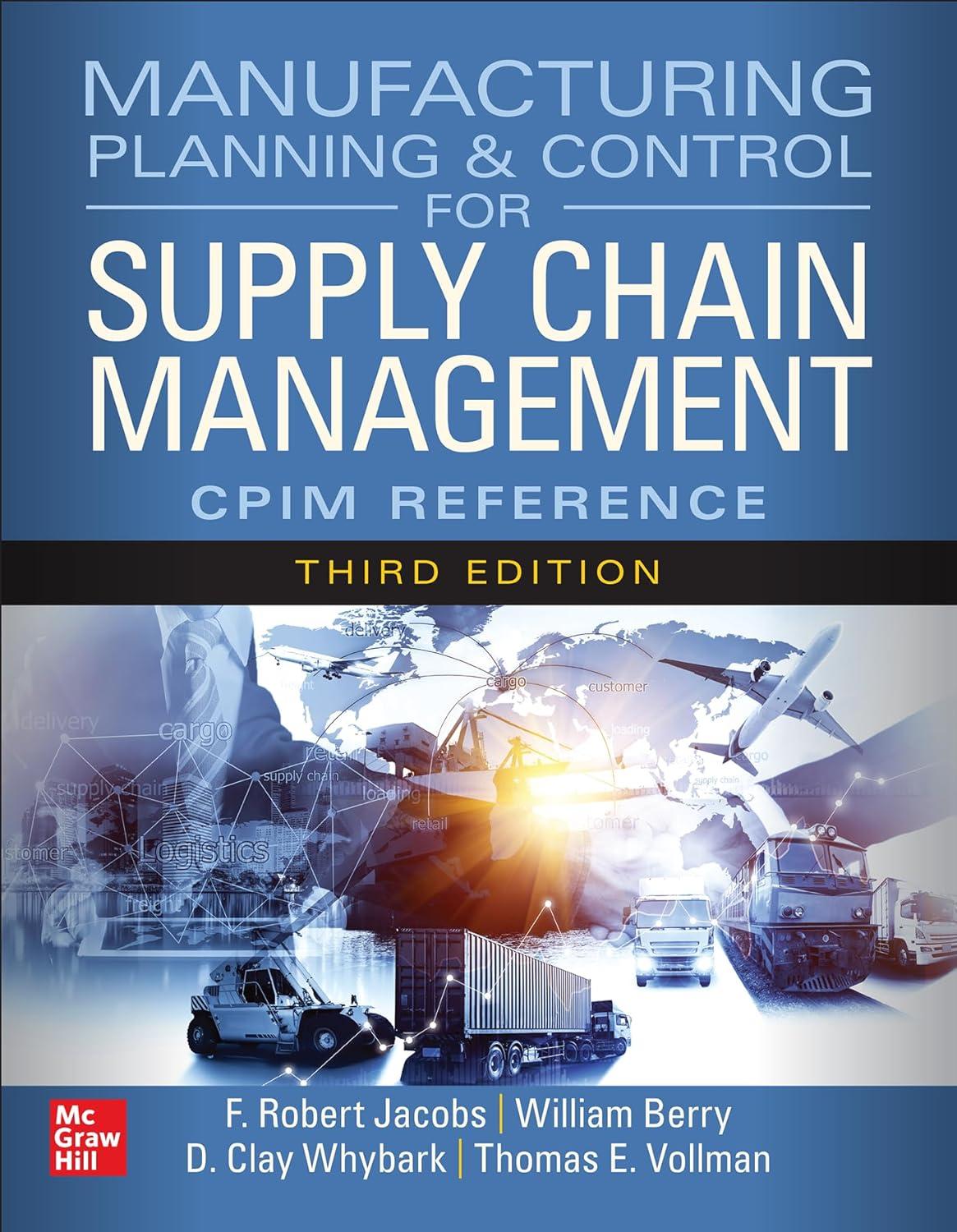2. Compare the internal forecast to the forecast obtained from the regression model for the next year.
Question:
2. Compare the internal forecast to the forecast obtained from the regression model for the next year. How are they similar? How do they differ? This case study shows an analysis that is typical of what is done at a company using real data.
When working with real data, things can get messy, but that is a reality that must be dealt with.
In the following, the company situation is described and forecasts are derived using the best available tools as described in the chapter.
The Rosser Products company produces a variety of nutritional products, including adult medical nutrition supplements and pediatric infant formulas, as well as ancillary equipment. An example of this equipment is a pump that supplies nutritional liquids to the stomach and that also monitors the rate of flow. There are four manufacturing facilities in the United States, and Rosser markets its products in the United States and overseas.
The firm uses a comprehensive approach to ensure that all demands on capacity are included in the forecast. The process starts with sales forecasts from marketing in dollars by product groups. These are broken out by region to provide plant-level forecasts of national demand. The data are consolidated with the forecast for international sales and the total is converted to an item-level forecast by plant. The process is not finished until marketing, the product manager, and the production and inventory manager review the forecasts. Three times a year, meetings are held to review forecasts for all products in conjunction with budget meetings. These meetings can be held monthly for products that are experiencing changes, promotions, or other factors that could change demand.
Step by Step Answer:

Manufacturing Planning And Control For Supply Chain Management The CPIM Reference
ISBN: 9781265138516
3rd Edition
Authors: F. Robert Jacobs, William Lee Berry, D. Clay Whybark, Thomas E. Vollmann






